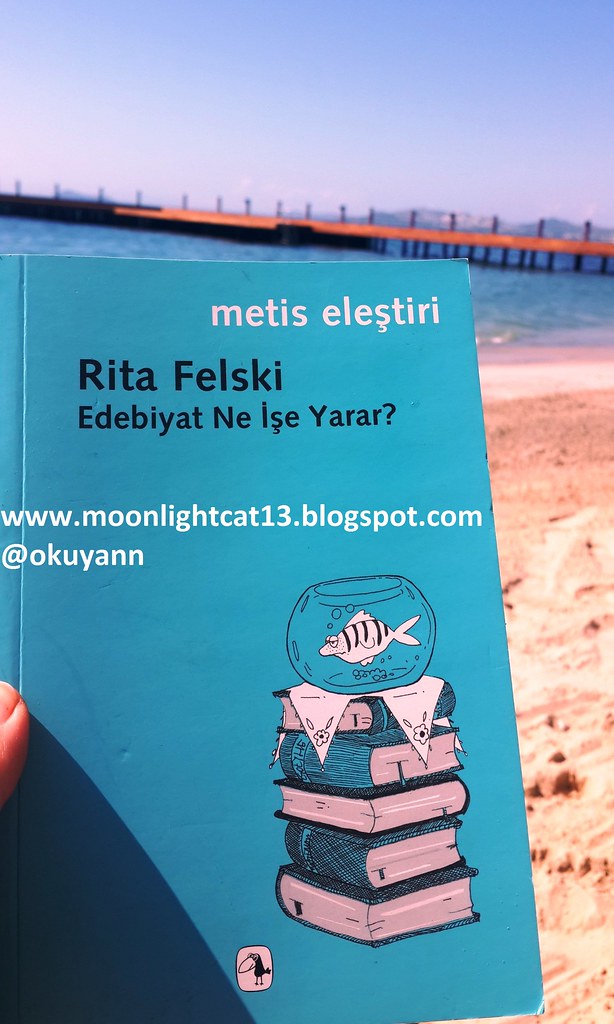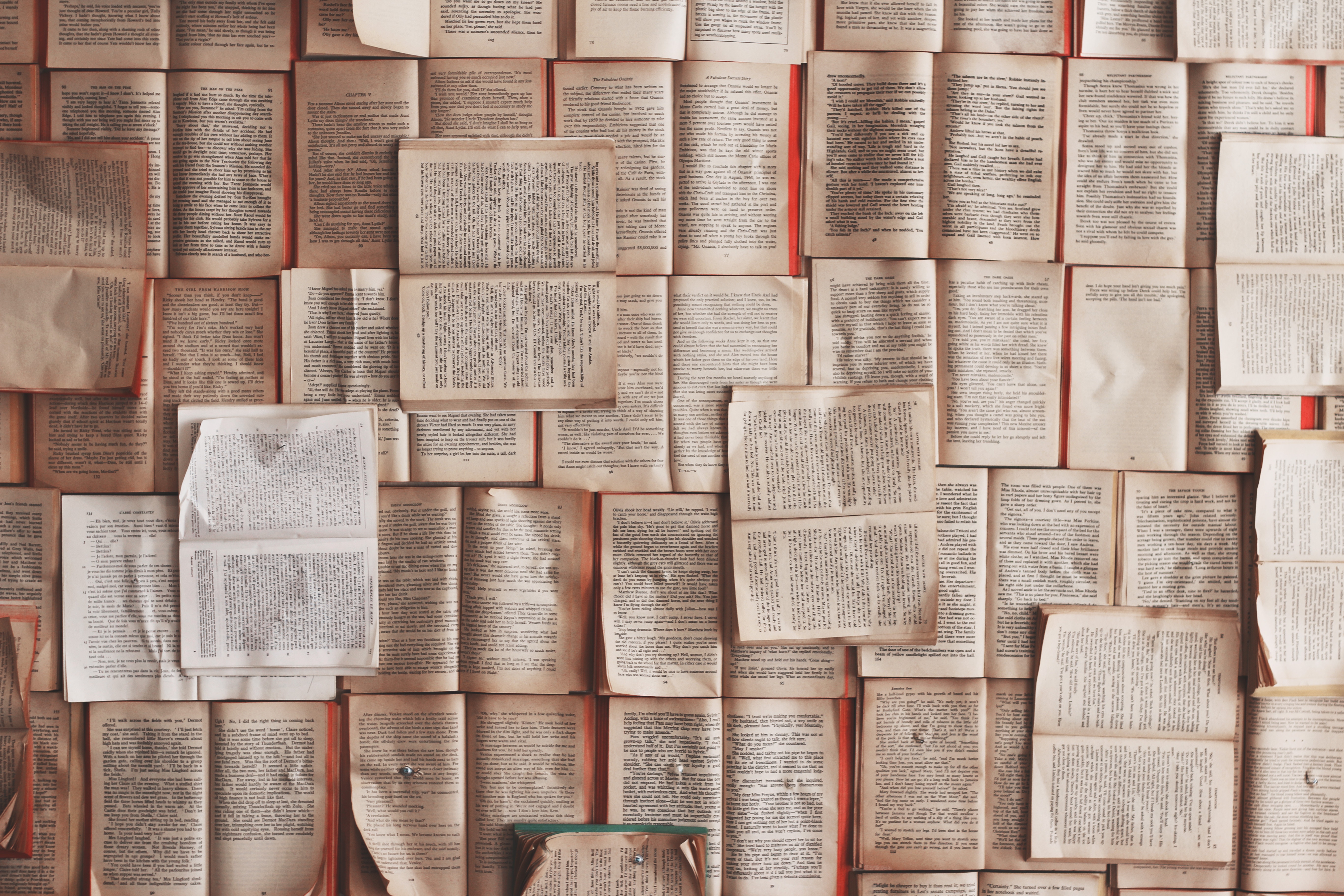Uses Of Literature
Data: 4.09.2017 / Rating: 4.6 / Views: 589Gallery of Video:
Gallery of Images:
Uses Of Literature
1. According to this general thesis, literature explores the texture and meaning of human experience in a complex, compelling way, and leads us. The modern uses of the semicolon relate either to the listing of items or to the linking of related clauses. English The Literature Just as there are. Uses of Literature bridges the gap between literary theory and commonsense beliefs about why we read literature. The Importance of Literature Review in Research Writing. you can use it on the spreading A literature review in any field is essential as it offers a. Combining new and old perspectives, The Uses of Literary History provides a broad view of the field. Charles Altieri, Jonathan Arac. How can the answer be improved. Uses of Literature bridges the gap between literary theory and commonsense beliefs about why we read literature. Uses of Literature by Rita Felski, , available at Book Depository with free delivery worldwide. [Rita Felski The diverse motives and mysteries of why we read are explored in this groundbreaking new work by Rita. But we are here to talk about literature, and, in that domain, Eliot wins the ellipses game. Everything in Prufrock is elliptical: those meandering streets. 'The life of a literary work depends on readers whose existence it confirms or (the valuable possibility) augments, ' writes Monroe Engel. Includes the marvelous essay 'Why Read the Classics. ' A wonderful perspective, especially held up against, say, Harold Bloom's more fixed and heavy view of what used to be the canon. Also includes a great essay on the good and bad uses of politics in literature. Uses of Literature bridges the gap between literary theory and commonsense beliefs about why we read literature. Explores the diverse motives and mysteries of why we read. Offers four different ways of thinking about why we read literature for recognition, enchantment, knowledge, and shock. Description of the book The Uses of Literature: Life in the Socialist Chinese Literary System by Link, P. , published by Princeton University Press Literature, in its broadest sense, is any single body of written works. More restrictively, literature is writing considered to be an art form, or any single writing deemed to have artistic or intellectual value, often due to deploying language in ways that differ from ordinary usage. language used in literary texts is common language with a high concentration of linguistic features like metaphors, similes, poetic lexis, unusual syntactic. A ristotle perhaps didnt go far enough when he said that tragedy was more philosophic than history, concentrating as it does on what might be rather than merely on. The Uses of Literature looks broadly and empirically at these and many other uses of literature from the points of view of authors, editors. In Uses of Literature, Felski proposes that it is time for professors of literature to restock their theorytoolboxes. Students and faculty alike, she proposes, have grown weary of problematizing, interrogating, and subverting as the default option of literary criticism (2). The Uses of Literature [Italo Calvino on Amazon. FREE shipping on qualifying offers. In these widely praised essays, Calvino reflects on literature as process. Uses of Literature bridges the gap between literary theory and commonsense beliefs about why we read literature. Explores the diverse motives and mysteries of why we read. Offers four different ways of thinking about why we read literature for recognition, enchantment, knowledge, and shock. In these widely praised essays Calvino discusses literature as process, the great narrative game in the course of which writer and reader are challenged to understand. Uses of Literature explains it, restoring notions discredited in literary study but central to the experience of reading Such a return to basics is just what our
Related Images:
- The Actions of Cocaine in the Brainpdf
- To Reign In Hell Steven Brust
- Quitar icloud iphone 4s download music from pc
- Free Download Crack Sap2000 V10
- Ariana Grande Yours Truly
- Sur La Concentration Dans Les Medias
- Jlpt n3 grammar list with examples pdf
- Vecchia Calabriapdf
- Belajar autocad 3d pdf
- 5th Grade Graduation Letter To Parents
- Crazy Love Revised and Updated Overwhelmed by a
- Nissan Manuals Car For Sale
- Stolen nude wife girlfriend gf pictures pics videos
- Qt5 C GUI Programming Cookbookpdf
- Dinonwane Tsa Morongwa
- Buku biologi campbell jilid 1 bahasa indonesia phrase
- Virtualization20fordummiesvmware
- Ubuntu
- Raw Strokes Barebackers Gone Rogue
- Download movies themes for windows 8
- Present indefinite tense rules in hindi
- Diagnostic Ultrasound 2Volume Set 4epdf
- Descargar Libro Tiempo Entre Costuras Pdf Gratis
- Come confine certopdf
- Uses Of Literature
- Resumen del cuento aballay de antonio di benedetto
- Go math 4 grade workbook teacher editionpdf
- Book the scandal of the evangelical conscience
- Firefox Recursive Addon
- How to cheat on mathxl testpdf
- Nevernight by Jay Kristoff
- Free Format Rpg Pdf
- Adobe acrobat pro xi 11 64 bits crackrar password
- Command conquer 3 no cd patch
- Ansichten Eines Clownspdf
- Graphicriver 12 Photoshop Text Effect Styles Vol 3
- Interchange 4th Edition Teacher Resources Pdf
- Song of lawino okot p bitekpdf
- Pdffiller California Rental Agreement
- Boardwalk Empire S01
- Claas Tractor And Cultivator Pack
- The binding of Isaac MAC
- Rtl8188s Wlan adapter Driver Windows 7zip
- Ge dinar one fon
- Descargar Manual Despiece Peugeot 504
- Jcb 3cx
- The Man From Earth FRENCH 720p BluRay
- Fuji Finepix 6800 Zoom Digital Camera Service Manuals
- Compressible Fluid Dynamics
- Trinax Il gladiatore senza passatoepub
- Stich ins Herz
- Register lebanon county ema dispatch page
- Czarownice z salem arthur miller pdf chomikuj
- Fix o cad
- He Got Game
- Doomed by Hope Essays on Arab Theatre
- Bibbia Parole segreti misteripdf
- Core keygen mac adobe cc
- El hombre que persegusu sombra
- Made in Usa Sguardi sulla cultura americanapdf
- Naanu Avanalla Avalu
- Supravietuitorul
- L Italia gli Stati Uniti e il piano Marshallpdf
- Sedimentary Geology
- Como Usar Sigmakey Sin Box
- 1998 Toyota Avalon Engine Removal
- Ken follett edge of eternity ebook torrent
- Libro Enriquezca Su Personalidad Pdf
- Linguagem Do Corpo 3 A Cura Pelo Amor Pdf
- Seadoo Rx
- Under The Net Iris Murdoch
- Arabian Nights Epub Free Download
- Warhammer 40000 Apocalypse German Edition
- Le fiabe di Annapdf
- 101 Favorite Stories From The Bible By Ura Miller











